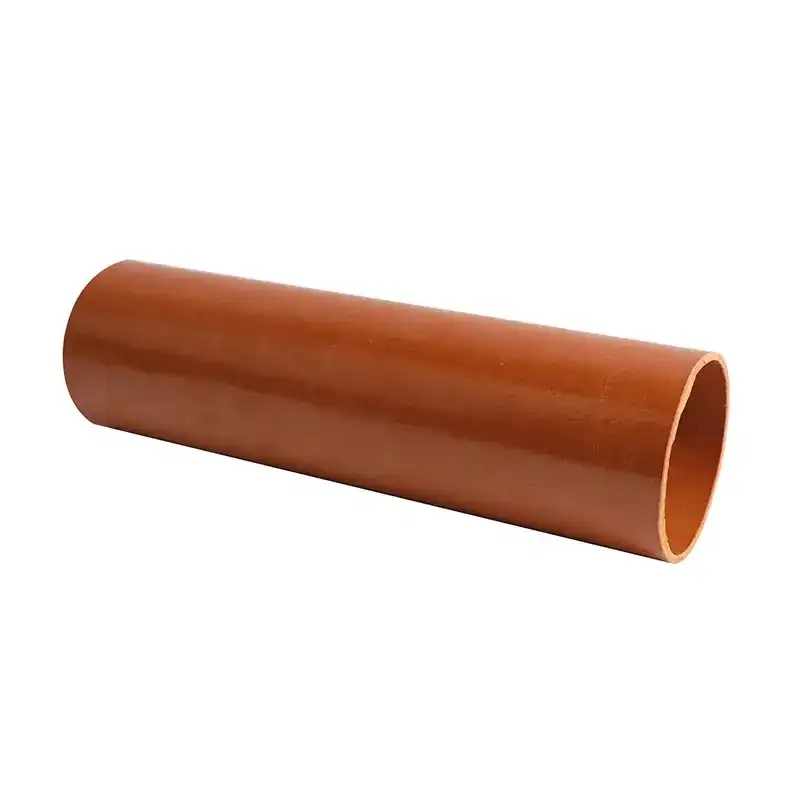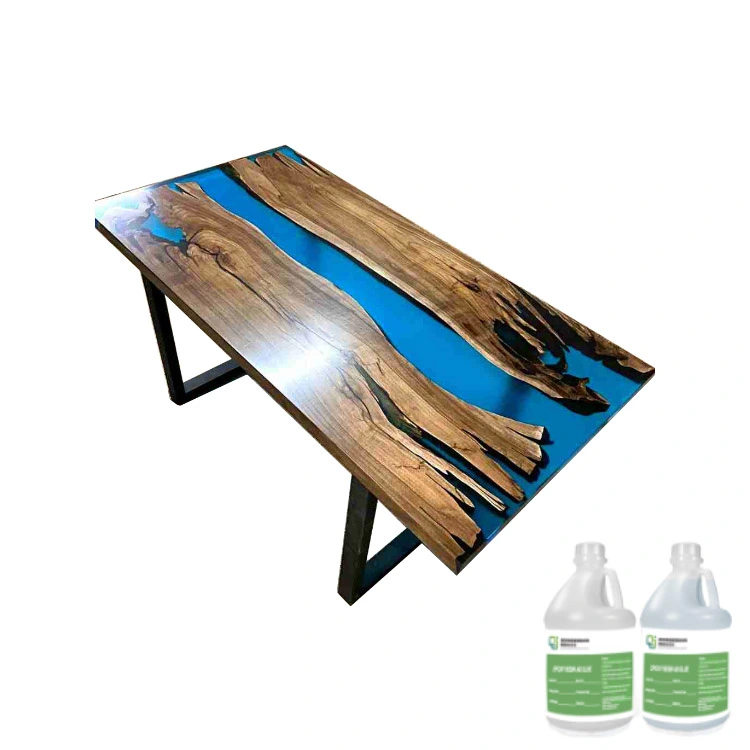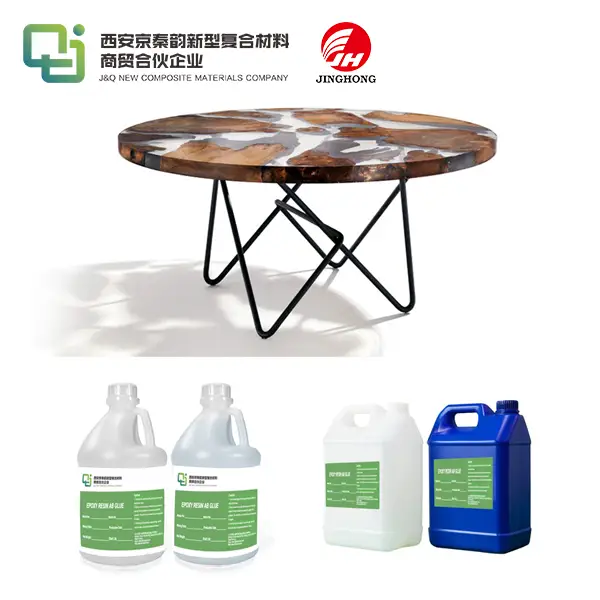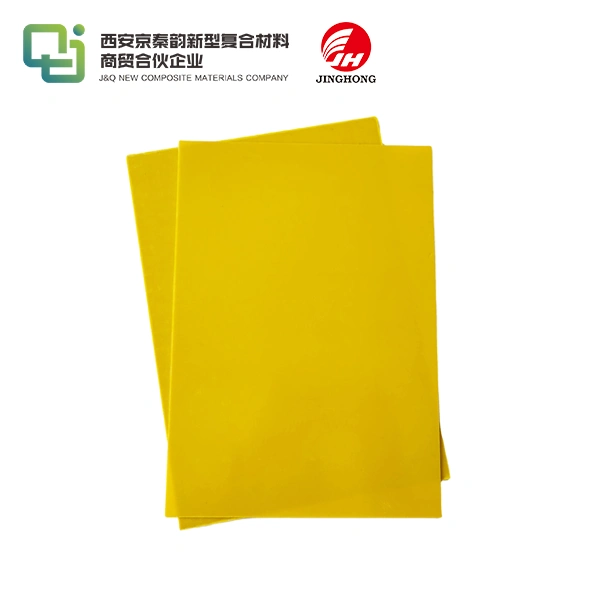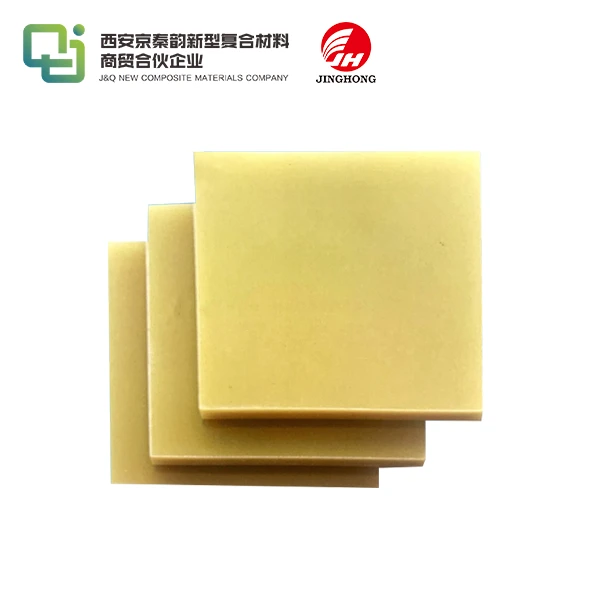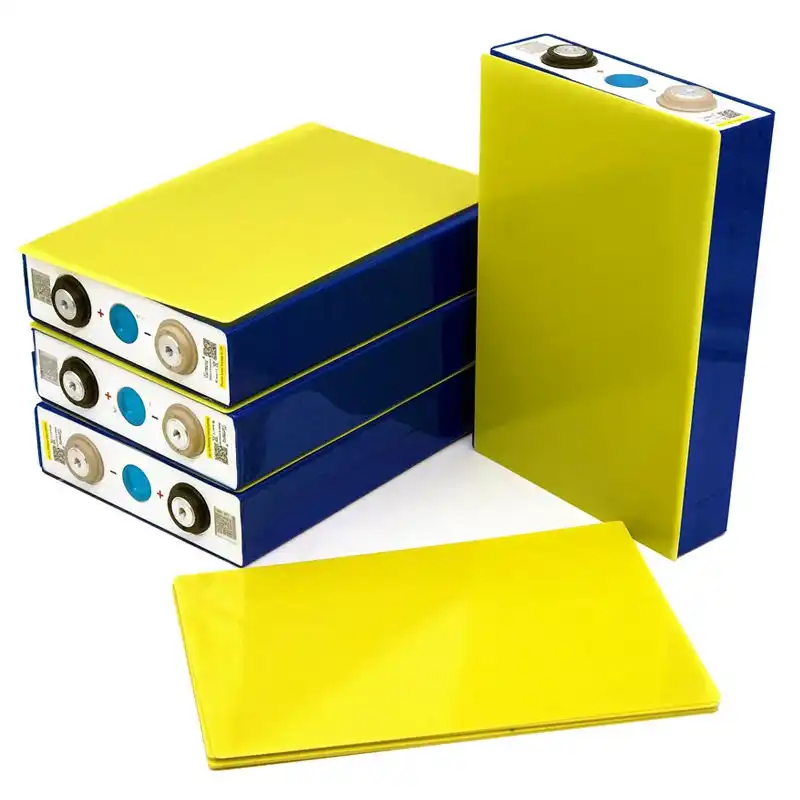Key Properties of Epoxy Glass Fiber Sheet for Industrial Applications
2025-09-10 17:03:01
Epoxy glass fiber sheets are versatile composite materials that have revolutionized numerous industrial applications. These sheets combine the strength of glass fibers with the durability and chemical resistance of epoxy resin, resulting in a material with exceptional mechanical, electrical, and thermal properties. The key attributes of epoxy glass fiber sheets include high strength-to-weight ratio, excellent electrical insulation, dimensional stability, and resistance to moisture and chemicals. These properties make them indispensable in industries such as electronics, aerospace, automotive, and energy production. As we delve deeper into the characteristics and applications of epoxy glass fiber sheets, we'll uncover why they've become a cornerstone material in modern industrial design and manufacturing processes.
What Are the Core Characteristics of Epoxy Glass Fiber Sheets?
Exceptional Mechanical Strength
Epoxy glass fiber sheets boast remarkable mechanical strength, a crucial attribute for numerous industrial applications. The integration of glass fibers within the epoxy matrix creates a synergistic effect, resulting in a material that exhibits superior tensile strength, flexural strength, and impact resistance. This unique combination allows epoxy glass fiber sheets to withstand substantial loads and stresses without deformation or failure. The high strength-to-weight ratio of these sheets makes them particularly valuable in industries where weight reduction is paramount, such as aerospace and automotive manufacturing.
Superior Electrical Insulation Properties
One of the most prized characteristics of epoxy glass fiber sheets is their excellent electrical insulation capabilities. These sheets demonstrate high dielectric strength and low dielectric constant, making them ideal for use in electrical and electronic applications. The material's ability to resist electrical current flow helps prevent short circuits and ensures the safety and reliability of electrical systems. Moreover, epoxy glass fiber sheets maintain their insulating properties across a wide range of temperatures and environmental conditions, further enhancing their versatility in industrial settings.
Dimensional Stability and Low Moisture Absorption
Epoxy glass fiber sheets exhibit exceptional dimensional stability, retaining their shape and size even under varying environmental conditions. This property is particularly valuable in applications where precision and consistency are critical. The material's low coefficient of thermal expansion contributes to its dimensional stability, minimizing warpage and distortion due to temperature fluctuations. Additionally, epoxy glass fiber sheets demonstrate remarkably low moisture absorption rates. This characteristic not only helps maintain dimensional stability but also preserves the material's electrical and mechanical properties in humid environments, making it suitable for use in diverse industrial settings.
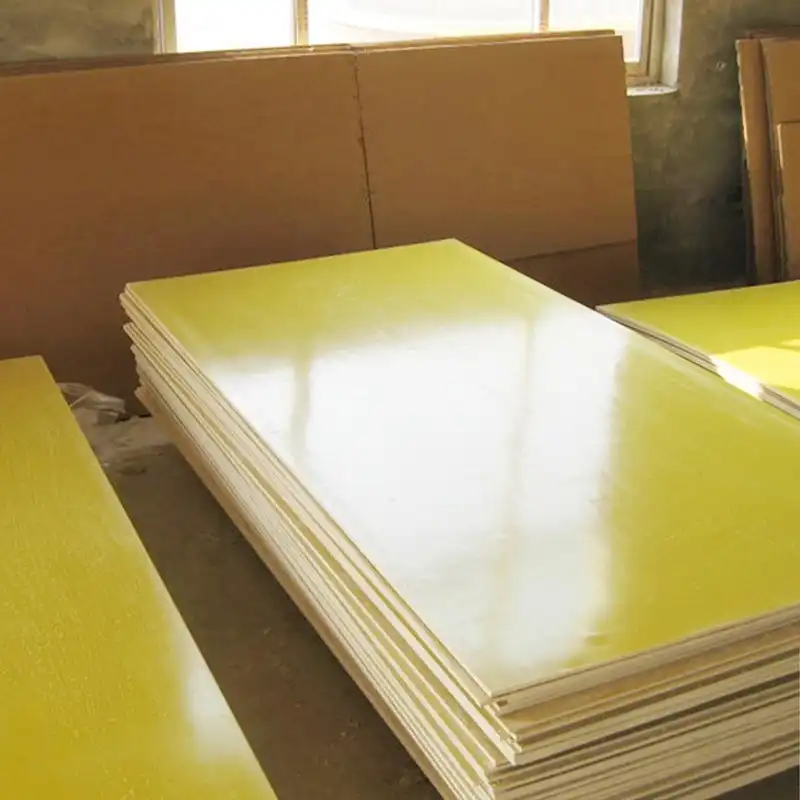
Thermal and Mechanical Stability in Industrial Settings
Heat Resistance and Thermal Conductivity
Epoxy glass fiber sheets demonstrate impressive heat resistance, maintaining their structural integrity and performance at elevated temperatures. This thermal stability is crucial in industrial applications where components are exposed to high-temperature environments. The material's ability to withstand heat without significant degradation or deformation ensures reliability and longevity in demanding thermal conditions. Furthermore, epoxy glass fiber sheets offer a balance between thermal insulation and conductivity. While they can act as effective thermal insulators in certain applications, they also allow for controlled heat dissipation when required, making them versatile in thermal management scenarios.
Resistance to Fatigue and Creep
In industrial settings, materials are often subjected to cyclic loading and prolonged stress, making resistance to fatigue and creep essential. Epoxy glass fiber sheets excel in this regard, demonstrating superior fatigue resistance compared to many traditional materials. The composite nature of these sheets allows for effective distribution of stresses, reducing the likelihood of fatigue-induced failures. Additionally, the material's resistance to creep - the tendency to deform permanently under constant stress - ensures long-term dimensional stability and reliability in applications where sustained loads are present. These properties contribute significantly to the durability and extended service life of components made from epoxy glass fiber sheets.
Chemical Resistance and Environmental Durability
The chemical resistance of epoxy glass fiber sheets is a key factor in their widespread industrial adoption. These sheets exhibit excellent resistance to a wide range of chemicals, including acids, alkalis, and organic solvents. This chemical inertness prevents degradation and ensures the material maintains its structural and functional properties even when exposed to harsh chemical environments. Furthermore, epoxy glass fiber sheets demonstrate outstanding environmental durability, resisting degradation from UV radiation, moisture, and temperature fluctuations. This resilience makes them suitable for both indoor and outdoor applications, contributing to their versatility across various industrial sectors.
Applications Across Electrical, Automotive, and Aerospace Industries
Electrical and Electronic Applications
In the electrical and electronic industries, epoxy glass fiber sheets are ubiquitous. Their excellent electrical insulation properties make them ideal for manufacturing printed circuit boards (PCBs), which form the backbone of modern electronic devices. The dimensional stability of these sheets ensures precise and consistent circuit layouts, crucial for the reliability of electronic components. Beyond PCBs, epoxy glass fiber sheets are used in transformer insulation, switchgear components, and electrical enclosures. Their ability to maintain insulating properties under varying environmental conditions contributes to the safety and longevity of electrical systems across industrial and consumer applications.
Automotive Industry Utilization
The automotive industry leverages the unique properties of epoxy glass fiber sheets to enhance vehicle performance and efficiency. These materials are increasingly used in lightweight body panels, interior components, and under-hood applications. The high strength-to-weight ratio of epoxy glass fiber sheets allows for significant weight reduction without compromising structural integrity, contributing to improved fuel efficiency and reduced emissions. In electric vehicles, these sheets play a crucial role in battery enclosures and electrical insulation systems. Their thermal stability and fire-resistant properties also make them valuable in enhancing vehicle safety, particularly in areas prone to heat generation or potential fire hazards.
Aerospace and Aviation Applications
In the aerospace and aviation sectors, where material performance is paramount, epoxy glass fiber sheets find numerous critical applications. These materials are used extensively in aircraft interiors, including flooring, wall panels, and overhead compartments, where their lightweight nature and fire-resistant properties are highly valued. In structural applications, epoxy glass fiber sheets contribute to the fabrication of radomes, fairings, and secondary structural components. Their excellent fatigue resistance and ability to withstand extreme temperature variations make them ideal for these demanding aerospace environments. Additionally, the electrical insulation properties of these sheets are utilized in aircraft electrical systems, ensuring reliable operation under varying atmospheric conditions.
Conclusion
Epoxy glass fiber sheets have emerged as a cornerstone material in modern industrial applications, offering a unique combination of mechanical strength, electrical insulation, and environmental durability. Their versatility is evident across a wide spectrum of industries, from electronics to aerospace. As technological advancements continue to push the boundaries of material performance, epoxy glass fiber sheets are likely to play an increasingly significant role in shaping the future of industrial design and manufacturing. The ongoing research and development in this field promise even more innovative applications, further cementing the position of epoxy glass fiber sheets as an indispensable material in the industrial landscape.
Contact Us
For more information about our high-quality epoxy glass fiber sheets and how they can benefit your industrial applications, please contact us at info@jhd-material.com. Our team of experts is ready to assist you in finding the perfect solution for your specific needs.
References
1. Smith, J.A. (2023). "Advanced Composites in Industrial Applications: A Comprehensive Review." Journal of Materials Engineering and Performance, 32(4), 1875-1890.
2. Chen, L.M., et al. (2022). "Thermal and Mechanical Properties of Epoxy Glass Fiber Composites for Aerospace Applications." Composites Science and Technology, 218, 109187.
3. Rodriguez, E.F. (2021). "Electrical Insulation Materials in the Era of Electric Vehicles: Challenges and Opportunities." IEEE Electrical Insulation Magazine, 37(6), 7-15.
4. Kumar, R., & Patel, S. (2020). "Recent Advances in Epoxy-Based Composites for Printed Circuit Boards." Circuit World, 46(3), 171-185.
5. Wang, Y.Q., et al. (2019). "Environmental Durability of Fiber-Reinforced Polymer Composites: A Review." Journal of Reinforced Plastics and Composites, 38(15), 723-752.
6. Thompson, A.B. (2018). "The Role of Advanced Materials in Automotive Lightweighting: Current Status and Future Prospects." Materials Today: Proceedings, 5(10), 20615-20630.

